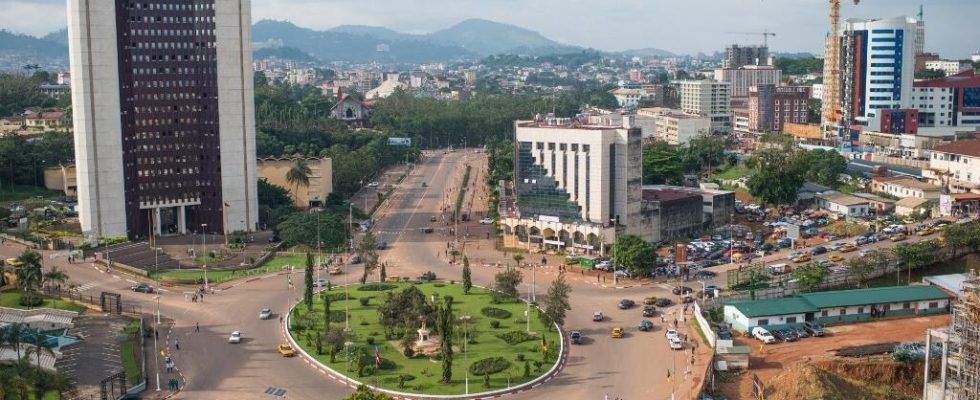In Cameroon, the teachers’ strike enters its third week, on September 18, 2023. The strikers, grouped within the “We have endured too much” movement, are still denouncing their salary conditions in particular but also pressure from the public authorities. Explanations.
2 mins
With our correspondent in Yaoundé, Polycarp Essomba
At Cameroon, the start of the school year is still disrupted by a strike by teachers grouped within the “We put up with too much” (OTS) movement. The strikers announced the extension of their walkout movement in most public establishments in the country. The main demand remains the increase in their salary.
The strike which began on September 4, 2023 has continued a modus operandi already tested last year: teachers are present in their respective schools, at primary and secondary level, but in the classrooms where the students are waiting for them. , it is “dead chalk”, and this, they argue, until the satisfaction of their demands which, here too, are identical to those formulated since February 2022.
Samory Touré Tenkeng, censor and high school teacher, spokesperson for the OTS movement and the Cameroon Teachers’ Union for Africa, warns: “ We demand a special status for teachers to which a salary scale is added. We demand the recruitment of technical education teachers. We demand payment of all state debt within a short period of time. »
“ The government prefers threats and various pressures »
Teachers who also denounce the threats and intimidation of which they say they are victims from the public authorities who, through various relays, have allowed the strikers to run the risk of losing their registration number.
“ Faced with these legitimate and legal demands, the government prefers the threats and various pressures which weigh on the heads of the strikers, while they only demand their legitimate rights.continues Samory Touré Tenkeng. And it must be said, teachers believe that this is unacceptable and intolerable “.
Now in its third week, this strike, according to this unionist, has the support of most teachers across the country: nine out of ten regions would now be impacted.
